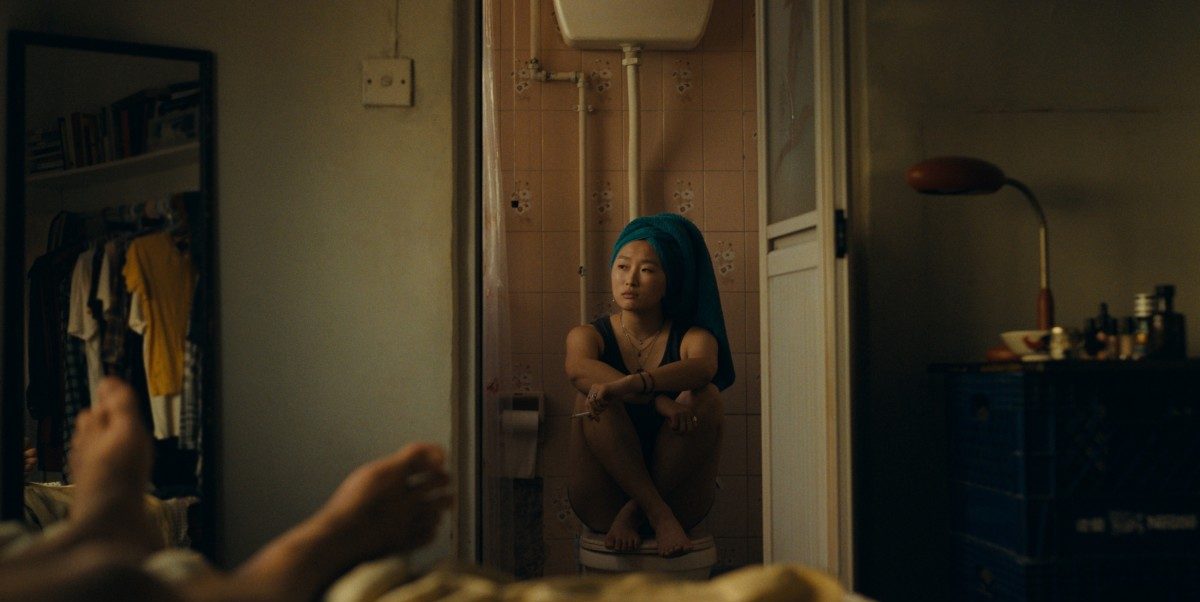Featuring Nicole Kidman in the lead, ‘Expats’ unfolds in the vibrant city of Hong Kong. The narrative revolves around three distinct women: Margaret, Hilary, and Mercy, each navigating diverse phases of their lives and each an American expatriate living in Hong Kong. Margaret, a mother of three, once had a fulfilled and enviable life, but as her children have grown, her existence has become unrecognizably blurry. Hilary, married to a wealthy man, is in pursuit of motherhood, while Mercy, a recent Columbia graduate of Korean American descent, is in the process of constructing a new life. Their lives intersect as a tragedy befalls all of them.
Created by Lulu Wang for Amazon Prime Video, the series addresses the question of class distinction and privileges and how access to resourcefulness can change a person. Through the story of the three women, the series raises the questions on morality and also depicts that people living a seemingly similar life, have varying experiences and it is this distinction of life that needs to be brought into mainstream attention.
Expats is an Adaptation of Janice Y.K. Lee’s Novel
Lulu Wang is the writer of the series, drawing inspiration from Janice Y.K. Lee’s 2016 novel, ‘The Expatriates.’ While the story itself is not based on reality, the individuals involved in shaping the narrative bring real-life experiences to the forefront, enriching the storytelling process. Janice Y.K. Lee, a Hong Kong resident herself, expressed that she did not have to do much research while writing the book. The author said, “As I came to realize that these women lived in the same world I lived in, I find myself growing very thoughtful about this place I inhabited. I was a constant observer in my own life, trying to see patterns and behaviors.”

She added, “In a way, it was easy, because I just needed to live my life, but I wanted to be considered and fair to all of the people who were also living in this world.” Similarly, Lulu Wang, also started her life in Beijing until her parents were exiled in 1989. She settled down in America and shared that she had only visited Hong Kong as a tourist and did not get a chance to experience the soul and the flavor of the city. Through the series, she got a chance to get to know her roots better. She brought her own experience and her understanding as an expatriate woman to tell the story of three expatriate women and it has contributed to the storytelling being quite honest and authentic.
Set against the backdrop of the Umbrella Movement in Hong Kong, the film incorporates this pivotal historical context to infuse authenticity into its narrative. The Umbrella Movement, which unfolded in 2014, was a pro-democracy protest characterized by peaceful civil disobedience. Sparked by concerns over Beijing’s interference in Hong Kong’s electoral process, protesters advocated for genuine universal suffrage. The movement earned its name from the widespread use of umbrellas as shields against tear gas and pepper spray. The film captures the charged atmosphere of this significant moment in Hong Kong’s history, intertwining the characters’ journeys with the broader socio-political landscape.
By doing that, it grounds the narrative in the realities of the time and offers a nuanced perspective on the city’s dynamics. The characters of Margaret’s domestic workers serve as poignant vessels through which the film discusses the challenges faced by these individuals. As silent witnesses to the daily lives of the expatriates they serve, these workers embody resilience and oppression, embodying a resilience that goes unnoticed by many. In doing so, the narrative not only magnifies the often-overlooked disparities within the expatriate community but also serves as a profound commentary on the broader issues of class, race, and gender intersecting in the vibrant and diverse backdrop of Hong Kong.
The scenes in the series, which are set in old Hong Kong, have been shot in a neon-lit backdrop. This kind of cinematography was deployed by one of the greatest directors and screenwriters of Hong Kong, Wong Kar-wai. It is a style that has become synonymous with tradition, and the use of the same by the creator is an homage as well as a tool to immerse the story in the land that it is being told from. Another style that Lulu Wang has picked up from the legendary filmmaker is non-linear storytelling, and it has added to the flavor of a Hong Kong story.
While the narrative of the film is not directly based on a true story, its authenticity is intricately woven through the deliberate use of apparent and nuanced storytelling tools. The characters, influenced by real-life experiences of those involved in the creative process, lend a genuine depth to the storyline. Through meticulous attention to detail and a nuanced portrayal of societal dynamics, ‘Expats’ crafts a narrative that resonates with all viewers.


You must be logged in to post a comment.